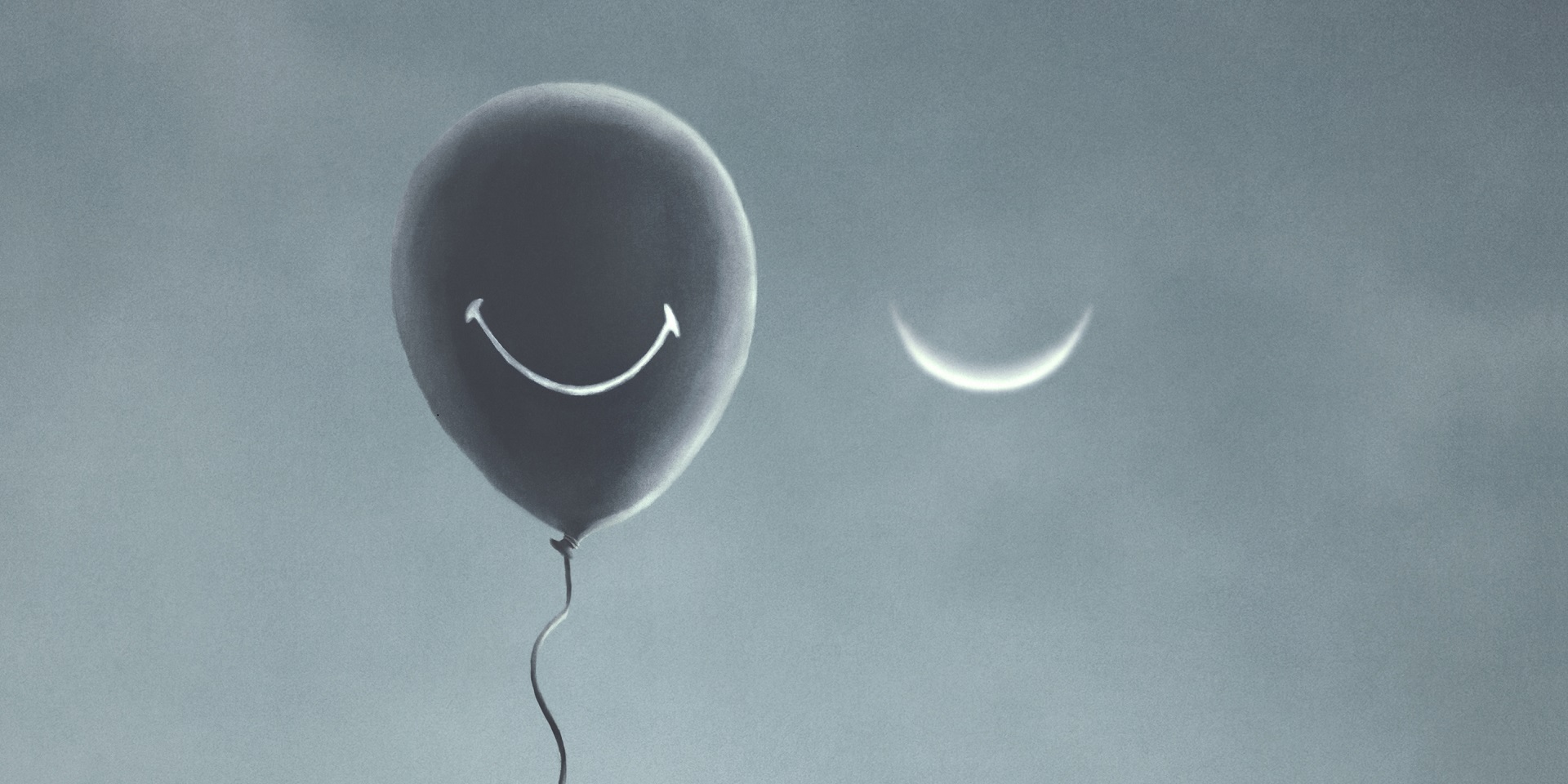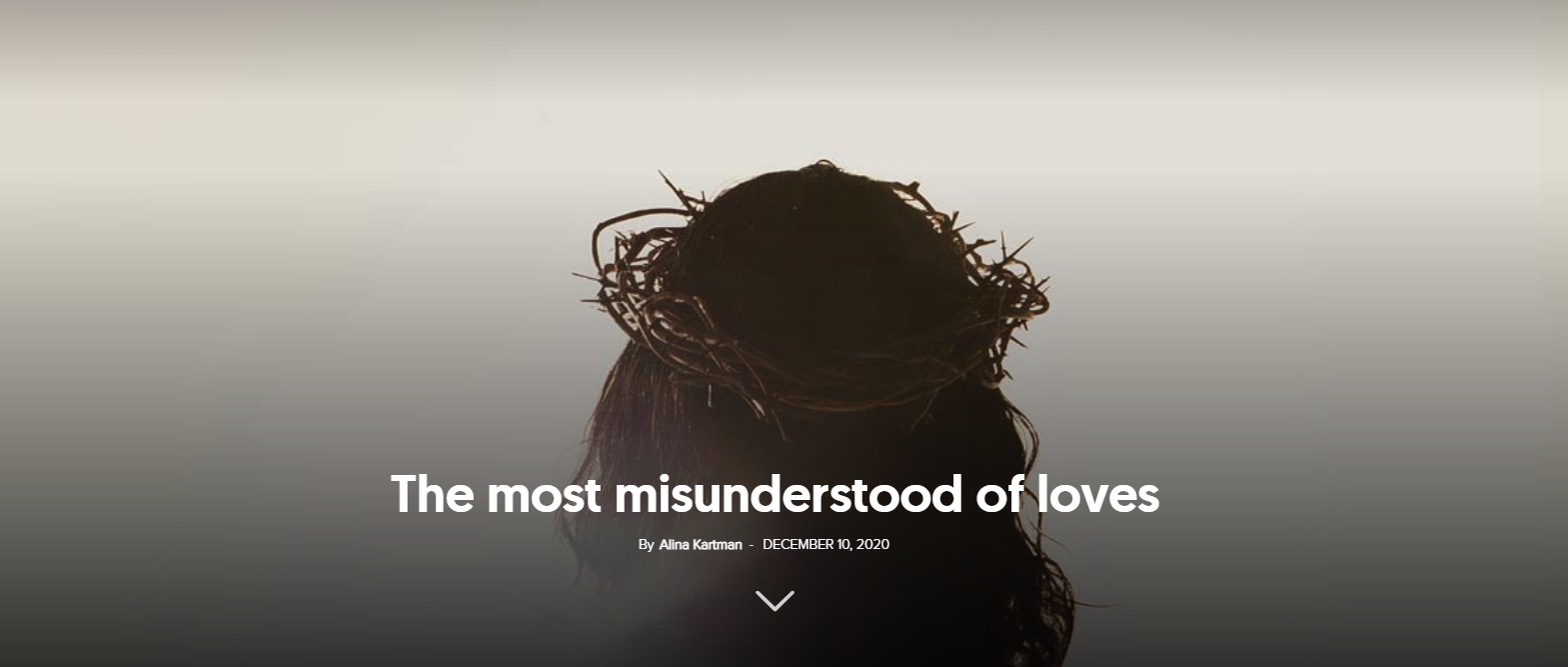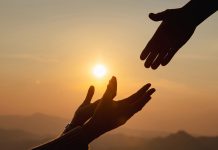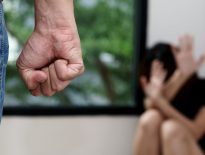In this article, we want to evaluate more closely the implications of love. How does love help us, how does it influence us, how should we show it to those around us, and how should we receive it?
Even when we are happy, full of hope and success—no matter how much we have and no matter how high we manage to reach—we still feel the need to have someone with whom we can share our experiences. Because even up there, at the top, without love to receive and share, we are nothing.
In 1 Corinthians 13, the Apostle Paul describes in profound words what love is and what its lack actually means: “If I speak in the tongues of men or of angels, but do not have love, I am only a resounding gong or a clanging cymbal. If I have the gift of prophecy and can fathom all mysteries and all knowledge, and if I have a faith that can move mountains, but do not have love, I am nothing. If I give all I possess to the poor and give over my body to hardship that I may boast, but do not have love, I gain nothing.”
Love is the basis of life. Balanced development, good qualities of character, self-confidence, a healthy outlook on life, secure attachment, and harmonious relationships, all start from the same point, love. And no one wants to be without this.
Back to the source
Long before we began to give love, someone above us gave it to us and then showed us how to live in love: “For God so loved the world that he gave his one and only Son, that whoever believes in him shall not perish but have eternal life” (John 3:16).
God has already given us the greatest proof of His love and His desire to spend eternity with us. The way Jesus lived His life on earth—His care for others, attention to their needs, and the help, peace, and comfort offered to all those He met—is the best example of what authentic love means.
The therapeutic gifts of love
Psychiatrist Karl Menninger said that “love cures people—both the ones who give it and the ones who receive it.”[1] Married people over the age of 65 have a higher life expectancy than single people of the same age, and the risk of mortality almost doubles in the first three months after losing a spouse.
Married cancer patients have a lower risk of dying from the disease than unmarried cancer patients, although the result could also be due to differences in treatment regimens and delays in diagnosis. However, the mortality risk of widowed persons is higher for almost all causes of illness, including cancer, infections, and cardiovascular disease.[2]
Other scientific findings emphasise that people who share love and affection are able to achieve things that otherwise are impossible when acting alone. In this sense, a study carried out on couples and single people revealed that partners who are emotionally connected by love and deep empathy obtained scores up to eight times higher than single people in some tests.
Oxytocin is known as the “love hormone.” Its release is associated with the birth of a child, breastfeeding, empathy, trust, and building relationships. Numerous studies address the protective role that this hormone has in our body. High levels of oxytocin have been correlated with faster wound healing. Oxytocin also helps with chronic pain management and ageing. It seems that we have natural remedies at hand, such as the instinct to love and care for each other. In the Bible, we can discover the same exhortation in John 13:34: “Love one another. As I have loved you, so you must love one another.”
Trauma, by definition, involves a rupture and destroys one’s sense of security. The neuropsychiatric consequences of trauma frequently lead to disordered social behaviours such as avoidance and isolation, which end up damaging interpersonal relationships. Such behaviours are characteristic of depression and post-traumatic stress syndrome. Trauma causes changes in both the brain and the body.
Oxytocin, which is involved in physiological attachment and psychological attachment behaviours necessary for the survival of the species, mitigates the effects of physical and psychological trauma on both the brain and the body. Involved in reestablishing the attachment bond after a rupture, oxytocin can play an extremely important role that allows us not only to survive, but also to cope with life’s adversities or traumatic experiences.[3]
There is truth in the expression “love heals.” Love is deeply biological. It influences our health and well-being. A broken heart or a failed relationship can affect us greatly; grief disrupts human physiology and may even precipitate death. Without loving relationships, people fail to flourish, even if all other basic needs are met. Being involved in social activities helps us cope with stress.
People with strong emotional support and relationships are more resilient to stressors than those who feel isolated or alone. Even brain injuries heal faster in animals that live in groups, compared to those that live in isolation. The protective effects of positive interactions seem to rely on the same mix of hormones that carry a biological message of “love” throughout the body.
Epilogue
1 Corinthians 13 concludes: “And now these three remain: faith, hope and love. But the greatest of these is love.”
It’s not always easy to love. Maybe we were lucky to be raised in a warm and calm environment where love was abundant, or maybe we didn’t have this positive life experience. If we don’t know or weren’t taught how to love, let us have the courage, wisdom, and responsibility to ask for help, and to learn to share the most precious gift that stays with people—love.
Mădălina Caraveţeanu pleads in favour of love, because in addition to all the psychological and spiritual benefits, it has the power to heal us.




















